China is building the world's biggest hydropower dam. Is it a 'water bomb' aimed at India?
River is a 'lifeline for millions' across Asia

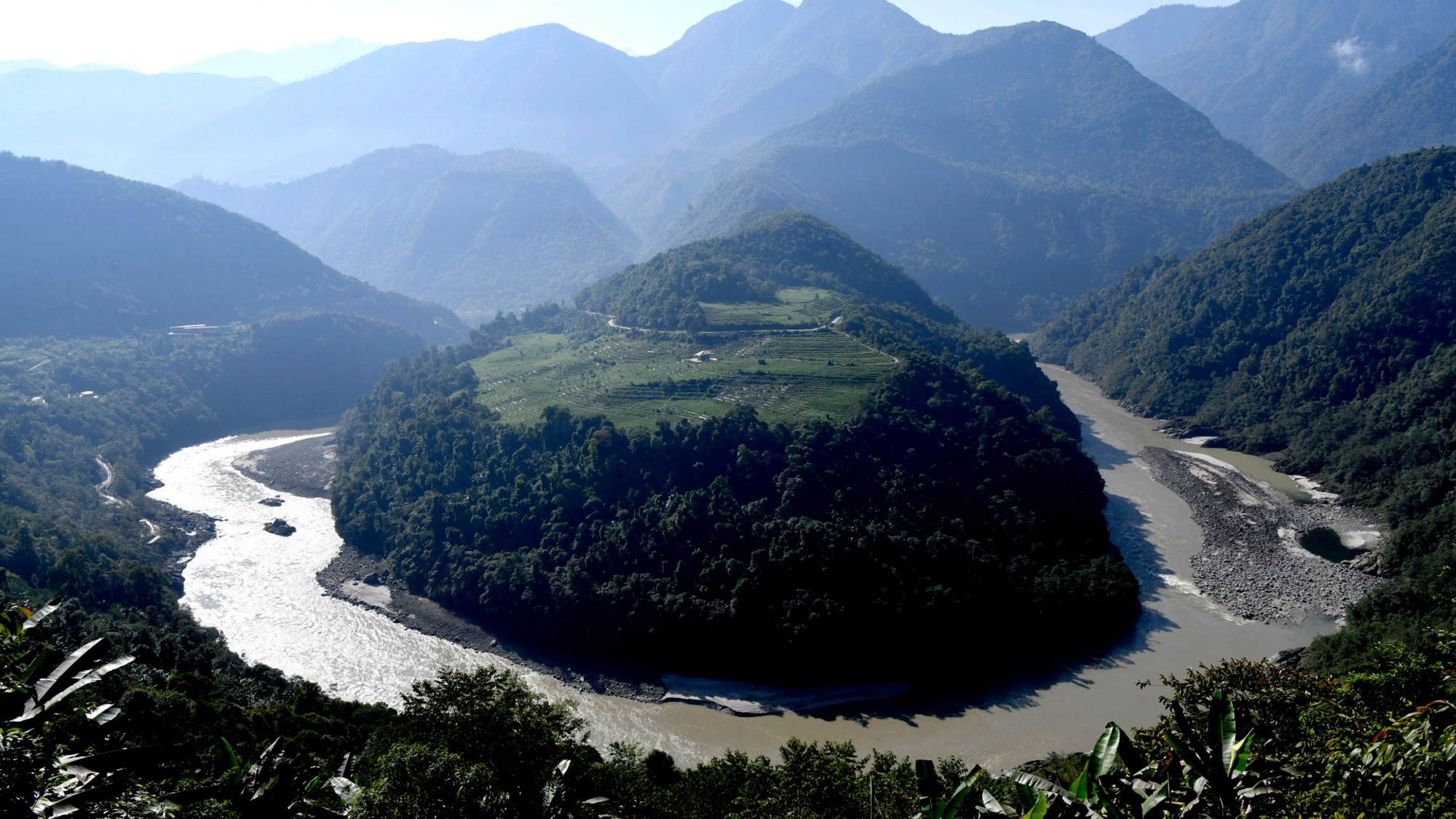
China has begun construction on the world's largest hydropower dam, a project so massive that Premier Li Qiang called it the "project of the century." But the dam could also create a big problem for China's next-door neighbor, India.
The Motuo Hydropower Station on the Yarlung Tsangpo river in Tibet could eventually "generate three times more energy" than current champion Three Gorges dam, said the BBC. But the $167 billion project has "attracted criticism" because of its potential to affect "millions of Indians and Bangladeshis" living downstream. The new dam gives China a "chokehold on India's economy," said the Lowy Institute in a 2020 report. That is an "existential threat" to India, said Pema Khandu, the chief minister of the state of Arunachal Pradesh. China could use the hydropower station "as a sort of 'water bomb.'"
The waterway is a "lifeline for millions" in India and Bangladesh, where it provides "irrigation, hydropower and drinking water," said Reuters. (The river is known as the Brahmaputra in those countries.) That heightens the risk of the dam project as a possible flashpoint: India and China "fought a border war in this region" during the 1960s. Beijing's "lack of transparency" about the new project has raised new fears that China would "cut off water in another conflict."
The Week
Escape your echo chamber. Get the facts behind the news, plus analysis from multiple perspectives.

Sign up for The Week's Free Newsletters
From our morning news briefing to a weekly Good News Newsletter, get the best of The Week delivered directly to your inbox.
From our morning news briefing to a weekly Good News Newsletter, get the best of The Week delivered directly to your inbox.
What did the commentators say?
China's "mega-dam" project could "reshape Asia," said Riley Callanan at GZERO. There are benefits: The hydropower station is expected to produce 60 gigawatts of electricity, "ten times as much" as the Grand Coulee dam in Washington state. That could "stimulate the Chinese economy." The danger is that the project will spark a water arms race of sorts, with China and India engaging in "competitive dam-building throughout the Himalayas." It would not be the first time that water has been weaponized. India suspended a decades-old water-sharing treaty with Pakistan during armed skirmishes in May. The new dam adds "another layer of complexity" to the relationships between regional "neighbors competing for the same resources."
The dam is "less a beacon of progress" and more a "harbinger of cascading crises," said Khedroob Thondup at The Sunday Guardian in India. The dangers are more than geopolitical. The dam is located in one of the "most seismically active zones on Earth," not far from the location of the 1950 Assam-Tibet earthquake that killed an estimated 4,800 people. While "China's pursuit of renewable energy is commendable," the world's climate future should not be "built on fault lines — literal and political."
What next?
India may start its own dam building, said Bloomberg. Officials are "working with local communities to build support" for a new dam downstream of the Tibet project. China has "already started their dam construction, and we cannot sit idle," said Ojing Tasing, a minister in the state government. Chinese observers see the new dam as a statement of their country's ambitions, said the South China Morning Post. The Motuo Hydropower Station is a "strategic pivot that could power both the nation and its markets into a new era," said Hong Hao, the chief investment officer at Lotus Asset Management.
A free daily email with the biggest news stories of the day – and the best features from TheWeek.com
Joel Mathis is a writer with 30 years of newspaper and online journalism experience. His work also regularly appears in National Geographic and The Kansas City Star. His awards include best online commentary at the Online News Association and (twice) at the City and Regional Magazine Association.
-
 Quiz of The Week: 17 – 23 January
Quiz of The Week: 17 – 23 JanuaryQuiz Have you been paying attention to The Week’s news?
-
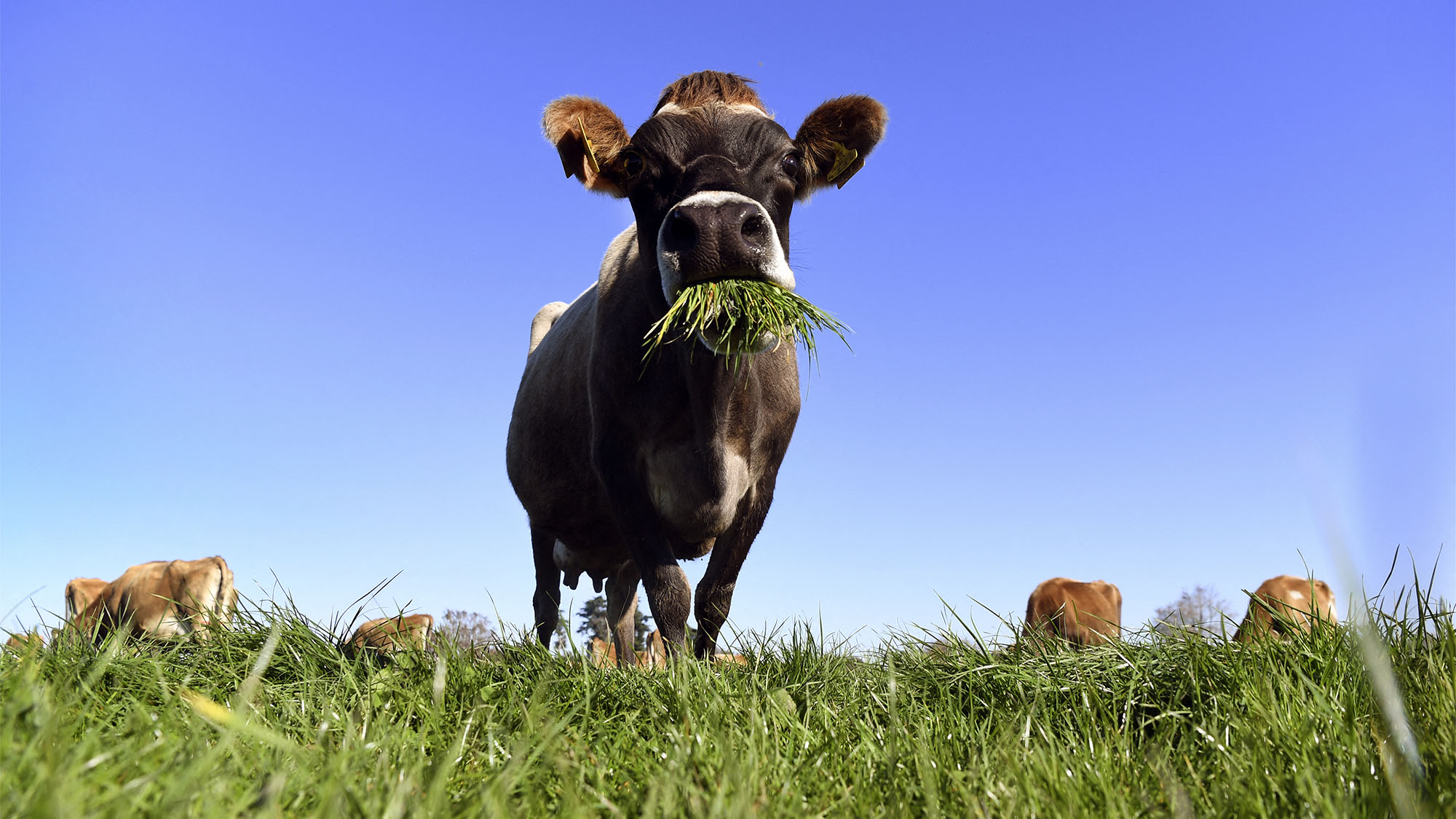 The Week Unwrapped: What can we learn from a tool-wielding cow?
The Week Unwrapped: What can we learn from a tool-wielding cow?Podcast Plus, have we reached ‘peak billionaire’? When should troops disobey their superiors?
-
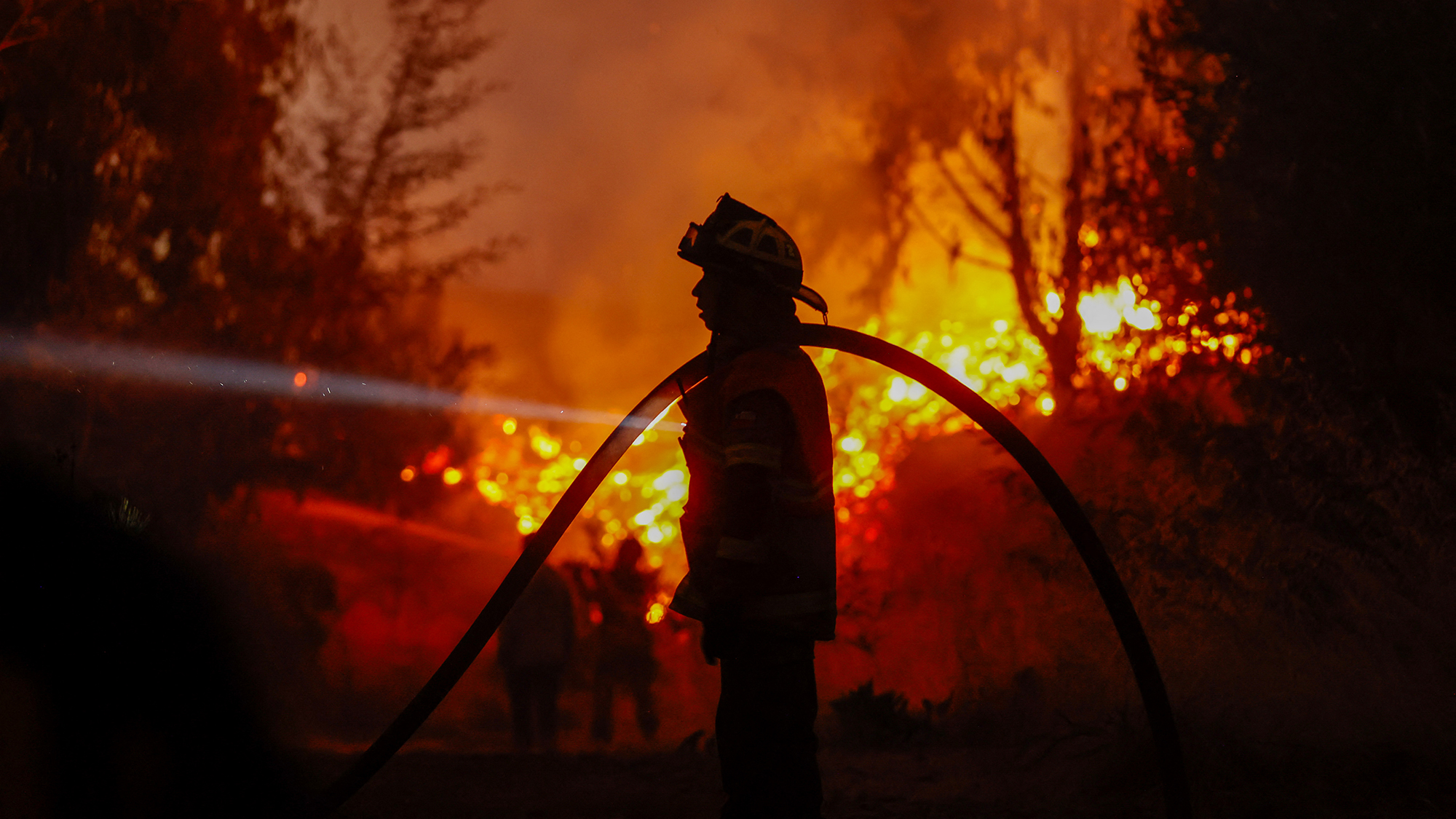 The week’s best photos
The week’s best photosIn Pictures A bucking bull, a graveyard carnival, and more
-
 Will Democrats impeach Kristi Noem?
Will Democrats impeach Kristi Noem?Today’s Big Question Centrists, lefty activists also debate abolishing ICE
-
 Do oil companies really want to invest in Venezuela?
Do oil companies really want to invest in Venezuela?Today’s Big Question Trump claims control over crude reserves, but challenges loom
-
 What is China doing in Latin America?
What is China doing in Latin America?Today’s Big Question Beijing offers itself as an alternative to US dominance
-
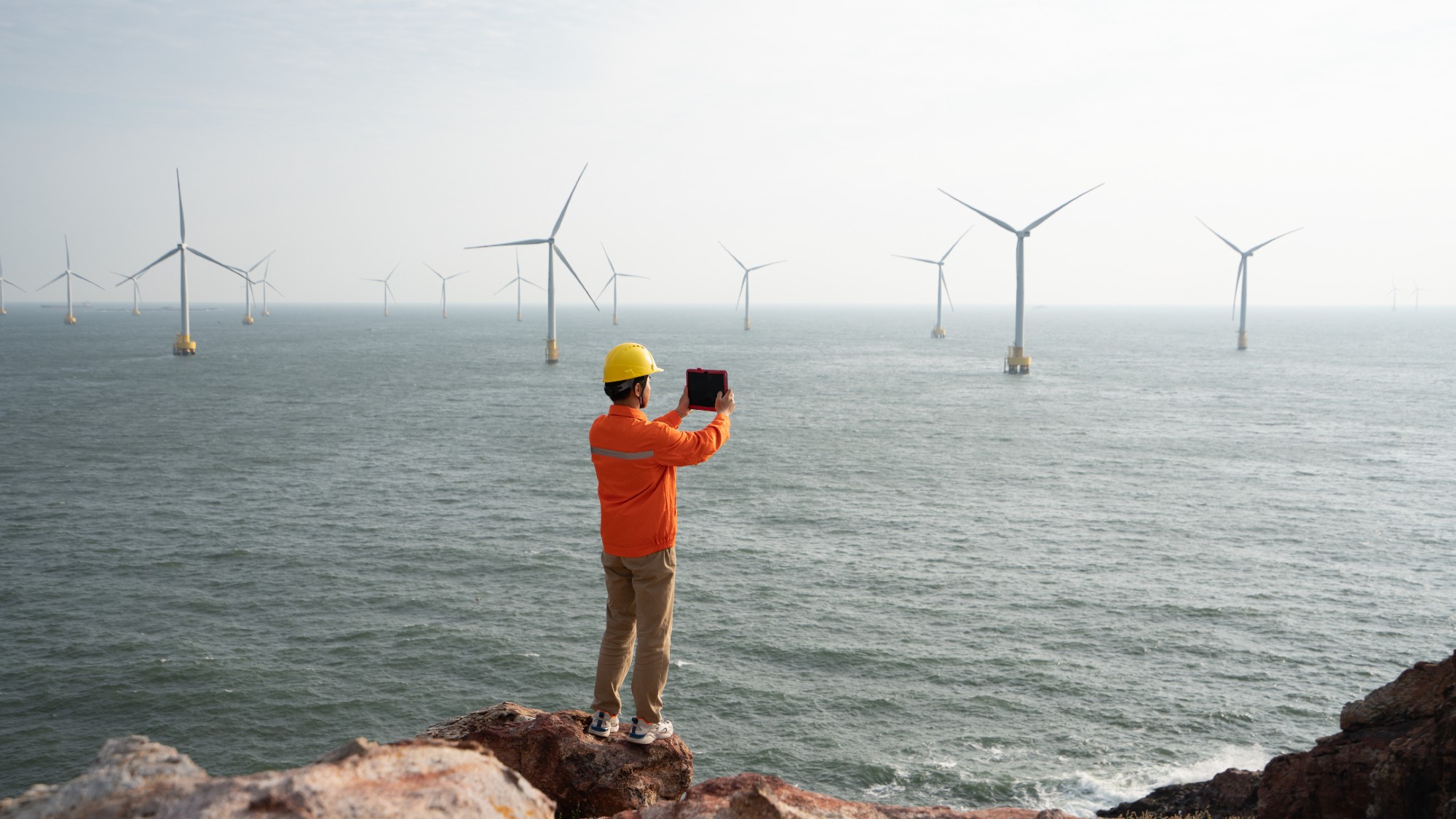 Why is Trump killing off clean energy?
Why is Trump killing off clean energy?Today's Big Question The president halts offshore wind farm construction
-
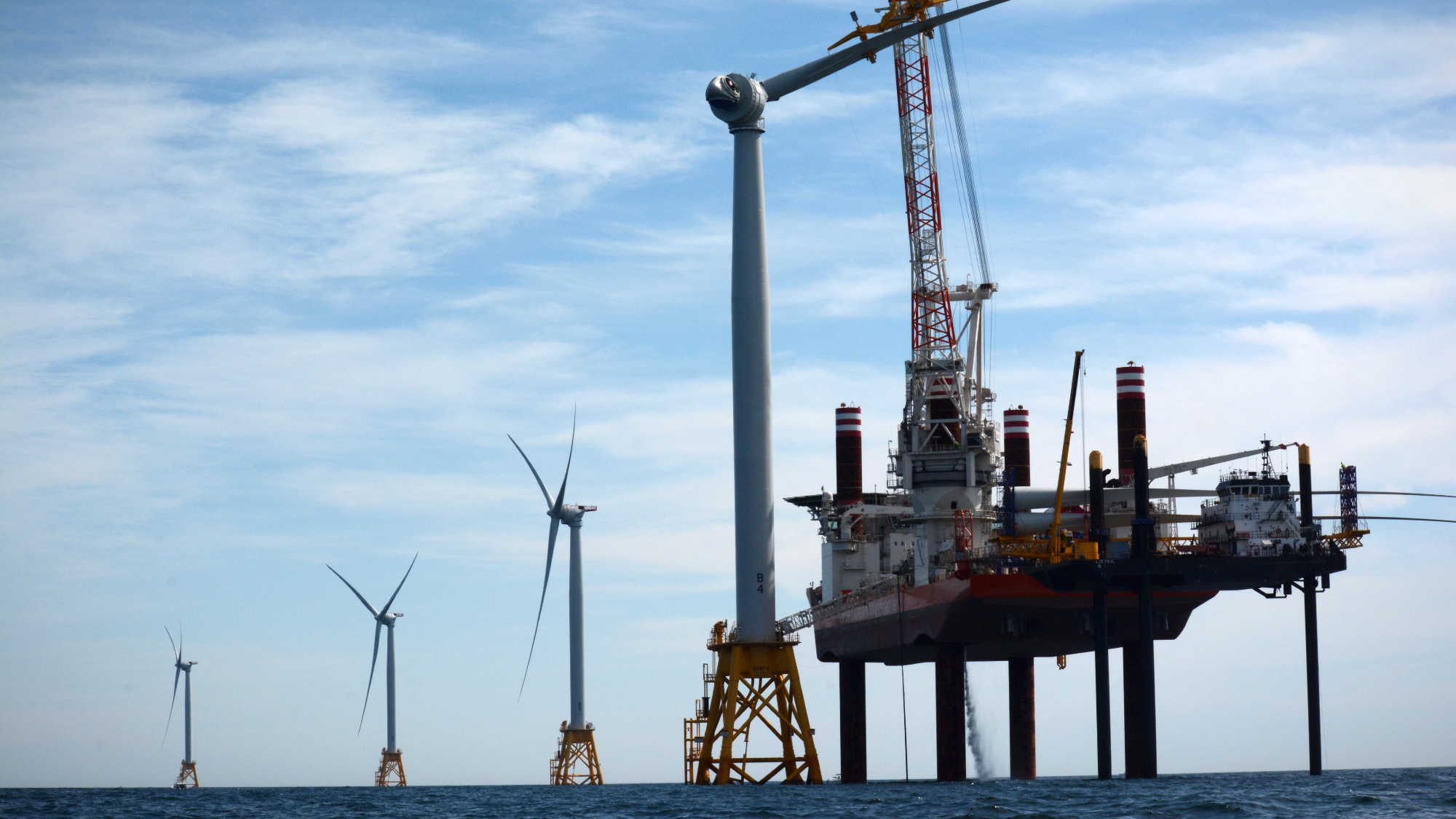 Trump halts wind power projects, citing ‘security’
Trump halts wind power projects, citing ‘security’Speed Read
-
 Is Keir Starmer being hoodwinked by China?
Is Keir Starmer being hoodwinked by China?Today's Big Question PM’s attempt to separate politics and security from trade and business is ‘naïve’
-
 Why does Trump want to reclassify marijuana?
Why does Trump want to reclassify marijuana?Today's Big Question Nearly two-thirds of Americans want legalization
-
 Why does White House Chief of Staff Susie Wiles have MAGA in a panic?
Why does White House Chief of Staff Susie Wiles have MAGA in a panic?TODAY’S BIG QUESTION Trump’s all-powerful gatekeeper is at the center of a MAGA firestorm that could shift the trajectory of the administration
